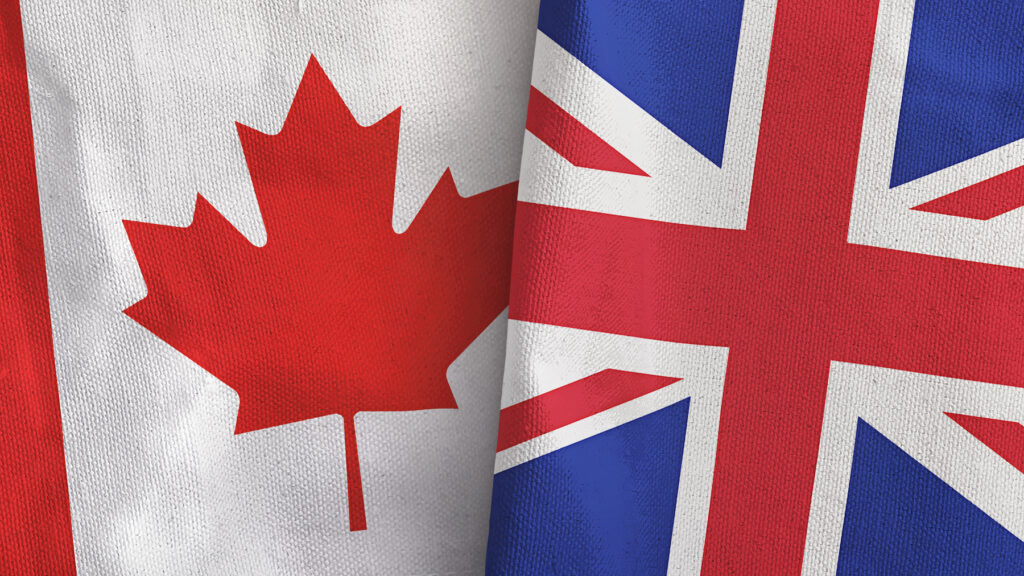Canadian campaign seeks to delay the UK’s entry to CPTPP
3rd October 2023
A trio of Canadian cattle groups has launched a campaign to delay the UK’s entrance to the trade bloc after a dispute over food standards.
The Canadian Cattle Association, Canadian Meat Council and National Cattle Feeders’ Association have launched a campaign calling for a ‘fair deal’ with the UK.
According to the organisations, Canadian meat – which can be produced with the use of growth hormones – is ‘currently severely disadvantaged’ in the interim agreement with the UK.
The UK officially signed an agreement to join the CPTPP in July, joining 11 other member states in the Indo-Pacific trade group which includes Canada, Japan, Malaysia, Mexico, New Zealand and Singapore.
Canadian cattle groups are seeking to delay the partnership as technical, non-tariff trade barriers have resulted in Canada being unable to access the UK market, while the UK has ‘unfettered access’ to the Canadian market.
The main stumbling block is the UK’s full acceptable of Canada’s food safety system, according to a statement from the three groups.
The ‘Say No to a Bad Deal’ campaign is calling for ‘fair trade that includes the UK accepting Canada’s full food safety system so that the beef and pork can have viable access to the UK market’.
Alternatively, they are asking parliament to ensure producers and processors are compensated for damages and losses.
Canada’s beef and pork industry is urging producers, packers and supporters of the sector to join the campaign and voice their concerns to Canadian parliament.
“Trade is essential to the long-term sustainability of the beef sector and Canada needs and deserves fair and reciprocal access to the UK,” said Will Lowe, chair of the National Cattle Feeders’ Association.
Commenting on the CPTPP trade deal in March this year, NFU president Minette Batters said it could provide some good opportunities – and compared to the controversial deals with Australia and New Zealand, the government had negotiated a “far more considered and balanced outcome”.
Commenting on food standards she added: “It is an absolute red line for us that food produced using practices that are illegal here – for instance, the use of hormones in beef and pork production and chemical washes for carcases – should not be allowed on our market.”

